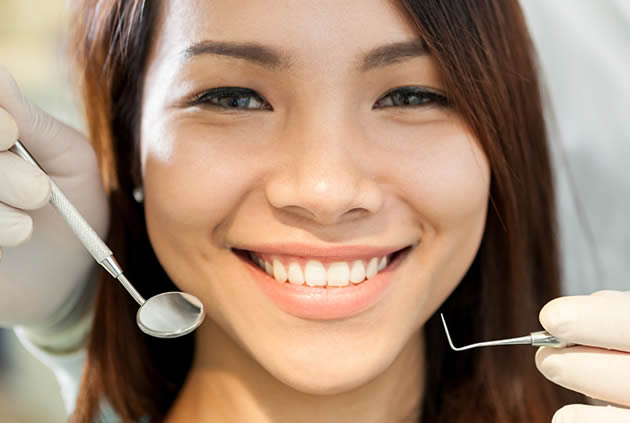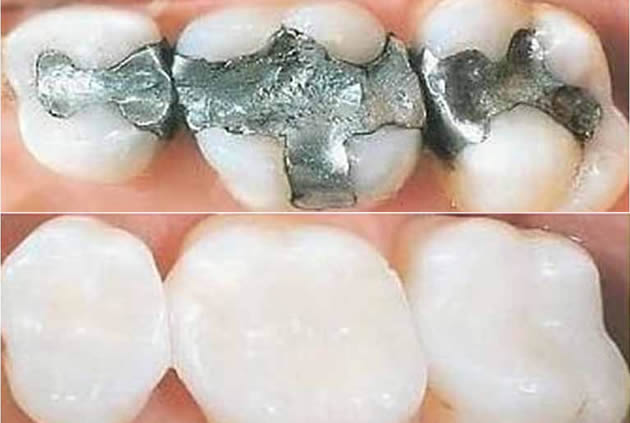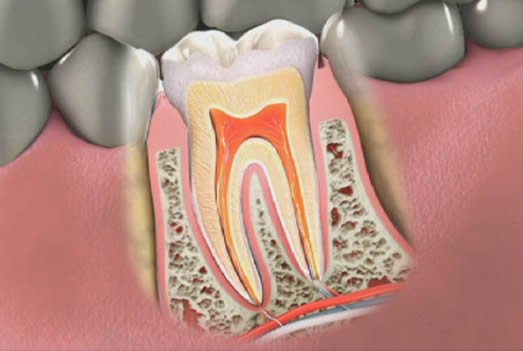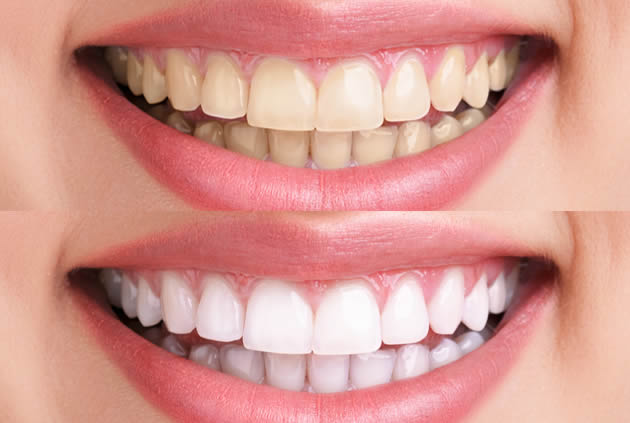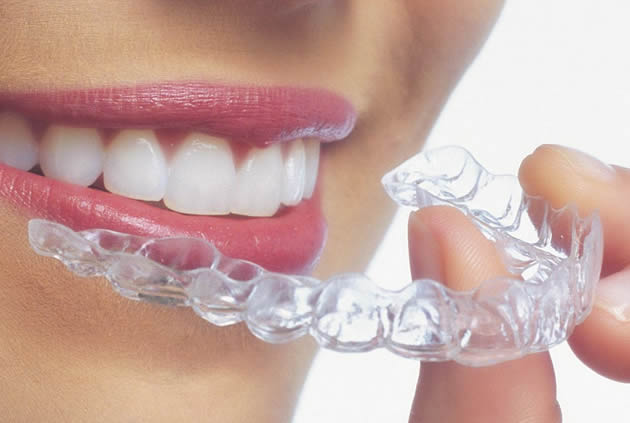Why Snacking Right Matters for Your Teeth
Oral health is essential not just for maintaining a beautiful smile but also for overall health. Diet plays a significant role in promoting healthy teeth and gums.
From the time we are children, we are taught about brushing and flossing our teeth to keep them healthy. While these habits help keep our teeth clean and free from food debris, the food we eat has a much bigger impact on our oral health than we realize.
The Role of Diet in Promoting Healthy Teeth and Gums
What you eat affects more than just your waistline; it can have a significant impact on the health of your teeth and gums. A balanced diet that includes nutrients such as calcium, vitamin D, phosphorus, and fluoride helps build strong teeth that resist decay.
Foods that are high in sugar or acidic content can erode tooth enamel over time if consumed frequently. Acidic foods gradually break down tooth enamel leading to cavities or sensitivity issues.
Good oral hygiene practices combined with healthy eating habits are necessary for maintaining optimal oral health throughout life. In the next section, we will discuss snacks to avoid when it comes to maintaining good oral health.
Snacks to Avoid
While snacking provides a quick and easy way to satisfy hunger pangs, not all snacks are created equal. Some snacks can harm your teeth by promoting the growth of harmful bacteria or eroding tooth enamel. Here are some types of snacks you should avoid:
Sugary and Acidic Snacks That Can Erode Tooth Enamel
Sugary and acidic foods and drinks can cause significant damage to your teeth over time if consumed in excess. When you eat sugary foods, the bacteria in your mouth convert the sugar into acid, which erodes the hard outer layer of your tooth enamel. Acidic foods also contribute to enamel erosion by softening the protective layer that covers your teeth.
To minimize damage from sugary and acidic snacks, it’s best to consume them in moderation or avoid them altogether. Common examples of sugary and acidic snacks include candy, soda, sports drinks, fruit juice, pickles, tomatoes, citrus fruits such as oranges and lemons.
Sticky Snacks That Can Get Stuck In Between Teeth
Another type of snack that can be harmful to your teeth is sticky food. Sticky food has a tendency to cling onto tooth surfaces for extended periods, promoting bacterial growth that causes decay over time.
Candy bars with caramel or nougat centers are common culprits for getting stuck between teeth. Similarly dried fruits like raisins can get stuck between teeth making it challenging for saliva to wash away food particles from these areas creating a breeding ground for bacteria.
To minimize harm from sticky snacks try opting for crunchy alternatives like apples or carrots instead of candies or dried fruits. Avoiding these types of snack will go a long way toward maintaining healthy oral hygiene as well as reducing the risk of cavities and tooth decay.
Great snacks for your teeth
A healthy diet plays a significant role in maintaining good oral health. Choosing the right snacks not only helps to keep your body healthy, but also promotes healthy teeth and gums. Here are some great snack options that can improve your oral health.
Crunchy fruits and vegetables
Crunchy fruits and vegetables such as apples, carrots, celery, and cucumbers are great choices for snacking. These foods are high in fiber which helps to scrub away plaque from teeth while stimulating saliva production. Saliva neutralizes harmful acids produced by bacteria in the mouth that can cause tooth decay.
Apples are particularly beneficial because they contain malic acid which aids in cleaning teeth and removing surface stains. Carrots have abrasive qualities that help to remove plaque from teeth while celery is rich in vitamins A and C that promote gum health.
Dairy products
Dairy products like cheese, yogurt, and milk are known to be rich sources of calcium which is essential for building strong bones including teeth. They also contain casein which helps to prevent tooth decay by neutralizing acid produced by oral bacteria.
Cheese is especially beneficial since it contains phosphate which helps to balance the pH level of the mouth preventing dental erosion. Yogurt contains probiotics which fight against bad bacteria that can cause gum disease.
Nuts and seeds
Nuts such as almonds, cashews, and seeds like sunflower or pumpkin seeds provide an excellent source of protein with low sugar content making them ideal for snacking. They also contain essential minerals like phosphorus, magnesium that help strengthen tooth enamel. Almonds have abrasive texture that provides a scrubbing action on teeth surfaces removing plaque buildup while cashews stimulate saliva production aiding in washing away food particles trapped between teeth surfaces.
Sugar-free gum
Sugar-free chewing gum has been shown to help prevent tooth decay by increasing saliva flow which neutralizes acid in the mouth and washes away food particles that can contribute to plaque buildup. Look for gum with xylitol, a natural sweetener that has been proven to have positive oral health benefits. Chewing sugar-free gum after meals also helps to freshen breath, making it a great option if you don’t have immediate access to a toothbrush.
Incorporating these healthy snacks into your diet not only promotes better oral health but also provides many other benefits for your overall well-being. Remember, choosing whole foods over processed snacks is always the best choice for maintaining optimal health.
Tips for Snacking Smartly
Snacking is an essential part of our daily routine, but it can have a detrimental effect on our teeth if we don’t choose the right snacks. Here are some tips to help you make smart snacking choices that promote good oral health.
Limit Snacking Frequency to Reduce Exposure to Acids and Sugars
Frequent snacking throughout the day exposes your teeth to acids and sugars, which can lead to tooth decay and other oral health problems. Instead of snacking all day long, try limiting your snacking frequency and opt for healthier snacks like fruits, vegetables, or nuts.
Rinse Mouth with Water After Snacking if Brushing Is Not Possible
If brushing is not possible after you snack, rinsing your mouth with water can help wash away food particles and neutralize any acid produced by bacteria in your mouth. This helps reduce the risk of tooth decay and gum disease.
Choose Whole Foods Over Processed Snacks
Processed snacks often contain high amounts of sugar and unhealthy fats that can harm your teeth and overall health. Instead of reaching for packaged snacks, choose whole foods like fresh fruits and vegetables or low-fat dairy products like cheese or yogurt. These types of foods are low in sugar, rich in nutrients like calcium that promote healthy teeth and gums.
By following these simple tips for smart snacking choices, you can maintain good oral health while still enjoying delicious snacks throughout the day. Remember always to consult a dentist if you have any oral concerns or questions about dietary habits that may affect your dental hygiene regimen.
Choosing healthy snacks for healthier teeth
Choosing healthy snacks is essential for maintaining excellent oral health. Snacks high in sugar, acid, and stickiness promote tooth decay and gum disease. On the other hand, snacks rich in fiber, calcium, protein, and water content strengthen the tooth enamel and promote saliva production.
Limiting snacking frequency
It’s essential to limit snacking frequency to reduce exposure to acids and sugars that cause dental problems. Frequent snacking creates an acid attack on the teeth by reducing saliva production. The less time it takes between meals and snacks increases the likelihood of developing cavities.
Rinsing mouth with water after snacking
When brushing your teeth is not possible after a snack or meal, rinsing your mouth with water can help remove food particles from the mouth. This action also helps neutralize acidic content in the mouth before brushing later.
Choosing whole foods over processed snacks
Choosing whole foods over processed snacks is beneficial for good oral health. Processed foods contain high levels of sugar which can be harmful to your dental hygiene in many ways.
A diet that includes healthy snack options like fruits, nuts, vegetables as well as dairy products such as cheese and yogurt will provide you with all the necessary nutrients required for good oral health. Practicing proper oral hygiene measures like brushing twice daily with fluoride toothpaste along with a balanced diet can help keep your teeth strong and healthy.
Ready to transform your smile? Schedule your appointment today at our Baltimore dental office.







